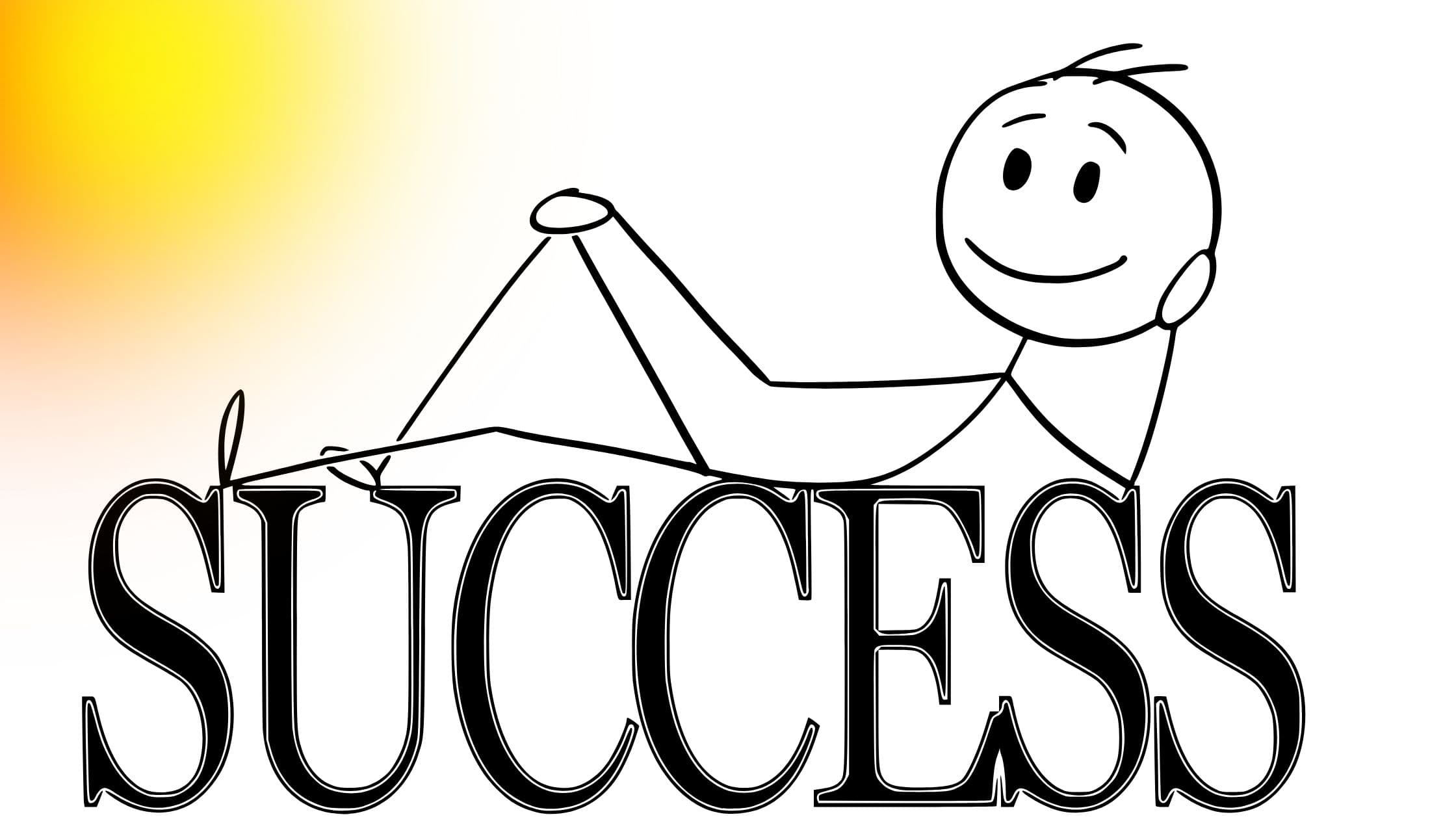
Success Is Inevitable: Key Lessons & How You Can Apply Them (My Take)
By Asad shah
Published on October 5, 2025
“You become what you think about most of the time.” – Brian Tracy
When I first heard about Success Is Inevitable, I thought it would be another self-help book with general platitudes. But as I dug in, I realized it has practical structure, actionable exercises, and mindset laws that hit close to home — especially for someone building a startup, trying to make big things happen with limited time and resources.
In this article, I’ll walk you through the main insights I got, rephrase them in my voice, share where I see them fitting into the world of startups, and at the end, I’ll drop a link to the free PDF version I used to deeply learn these lessons.
What Success Is Inevitable Is About
Thibaut Meurisse’s book frames success not as luck, but as a system — if you adopt certain laws and powers, success becomes, in a sense, inevitable. The book is built around:
- Four Fundamental Powers you must harness
- 17 Laws that guide how to unlock your potential and overcome internal obstacles
- Practical exercises / action guides to internalize the concepts
These ideas aren’t abstract. They’re meant to be worked through, tested, journaled, and adapted to your life or project.
My Top Lessons & How They Apply to Startups
Here are the lessons that spoke to me most — with how I see them applying to founding, building, and growing startups.
1. The Power of Absolute Responsibility
One core idea is: you are 100% responsible for everything in your life — your mindset, your results, your direction. (This is one of the “Four Powers.”)
- In startup life, this means you don’t blame the market, investors, or team for stagnation. You look internally first.
- If your growth is slow, you accept that you must iterate harder, change your strategy, or learn something new.
- The moment you start shifting blame, you lose control. When you own it fully, you regain agency.
2. Belief & The Self-Empowerment Triangle
Another major concept is belief — but not in a vague “believe you can do it” way. Meurisse breaks it down with the Self-Empowerment Triangle: self-discipline, self-esteem, self-confidence.
- As a founder, you’ll face days when nothing works. On those days, your inner belief is your backbone.
- Self-discipline is about showing up consistently (writing, coding, outreach).
- Self-esteem is about acknowledging your accomplishments, small and large.
- Self-confidence builds when you act despite fear, showing yourself you can learn and adjust.
3. Clarity (Vision, Mission, Values)
One law emphasizes clarity — knowing your mission, defining what success means for you, and aligning action with those definitions.
- Many startups fail because the founders drift — working in inconsistent directions.
- If your mission is fuzzy, features become too many, focus disappears.
- If you can answer: Why does this startup exist? What change do we want to make?, then your choices become easier.
4. The Bulletproof Timeframe & Resistance
Meurisse includes concepts about timeframes (deadlines, deadlines you commit to) and how to push through resistance or mental blocks.
- For a startup, setting deadlines for MVP, for user tests, for launches is crucial.
- Resistance (fear, procrastination, distraction) will always come. The law is: act anyway, with a time-bound deadline.
5. The 17 Laws: A Map to Your Growth
The 17 laws cover things like intention, expectation, persistence, resilience, focus, alignment, etc. Each law is meant to be internalized via habits, reflection, and iteration.
Some of my favorites in practice:
- Law of Intention / Purpose — knowing what you aim for daily.
- Law of Focus — not letting yourself be pulled in all directions.
- Law of Resilience / Bounce-back — when experiments fail, you pivot quickly.
- Law of Momentum — small consistent wins compound.
In a startup, these map to daily scrums, iterative releases, user feedback loops, and pivot discipline.
How I’m Using These Lessons in My Projects
Here’s how I’m actively applying Success Is Inevitable in what I do (and what you could try too):
- I maintain a founder’s journal where I capture which law I’m focusing on that week (e.g. Clarity, or Resistance).
- Every Monday I set an intention tied to one of the 17 laws (e.g. "This week I will execute a user feedback interview every day").
- When things don’t go well, instead of blaming external forces, I trace back: Which law did I violate? Did I lose clarity? Did I skip discipline?
- In my startup projects, I set micro-deadlines (e.g. “By Friday, we’ll have 5 user tests done”) — time-bound pressure helps overcome procrastination.
Why Success Is Inevitable Hits Differently Than Other Self-Help Books
- It offers structure + laws, not just vague motivation.
- The action guide / workbook is built in, so it pushes you to do rather than just read.
- The book treats success as a system you can learn, not a mystical gift.
- The language is simple, direct — no fluff, no overpromising, just steps.
That said, knowing the laws doesn’t mean results come overnight — the book itself emphasizes consistency, reflection, and iteration.
How to Use the Book With Your Startup
If you want to get real value from Success Is Inevitable, here’s a mini-roadmap I’d follow if I were you:
- Read one law per week — absorb, journal, reflect.
- Complete the exercises in the Action Guide — don’t skip them.
- Choose 1–2 laws to “anchor” each quarter (e.g. Clarity, Belief).
- Map startup goals to the laws — e.g. if your goal is “get first 10 customers,” tie that to Intention + Focus + Persistence laws.
- Review & adjust monthly — where did you stray from these laws? Why?
Reading Success Is Inevitable reminded me that success is not random — it’s built through habits, mindset, and intentional laws. As a founder or creator, applying these laws can give you the edge when you’re up against uncertainty.
If you’d like to chat about how these lessons map specifically to your startup idea (or whether you’re stuck in a resistance loop), drop me a message. Sometimes, one conversation reorients your whole direction.
And meanwhile — read, reflect, act. Success is inevitable for those who systems.
